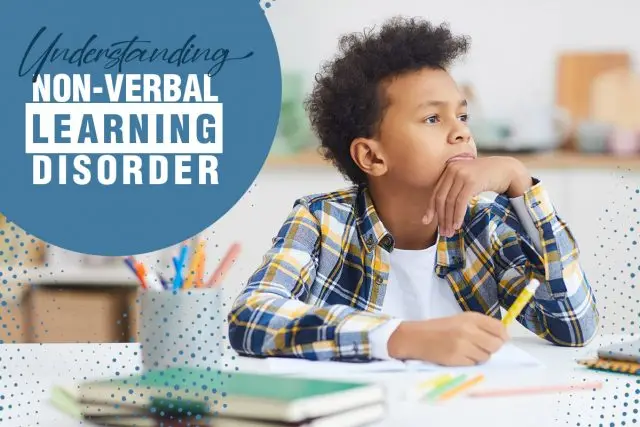
Non-Verbal Learning Disorder (NVLD) is a condition that is starting to receive more attention, particularly in light of Tim Walz's public discussion about his son's NVLD. This spotlight is helping to bring awareness to this complex disorder and its challenges.
What is NVLD?
Non-Verbal Learning Disorder is a neurological condition characterized by difficulties with non-verbal communication, spatial awareness, and motor coordination. Individuals with NVLD often excel in verbal tasks but struggle with understanding non-verbal cues, which can impact their ability to navigate social situations and perform daily activities effectively.
How NVLD Affects Vision and Coordination
One of the key aspects of NVLD is its impact on visual processing. Individuals with NVLD may experience difficulties with tasks that require visual-spatial understanding, such as reading maps, organizing objects, or following directions. These challenges can be compounded by issues with hand-eye coordination and motor skills.
The Role of Vision Therapy
Vision therapy can be an effective approach for individuals with NVLD. Through targeted exercises and interventions, vision therapy aims to improve visual processing skills, enhance spatial awareness, and support better coordination. This personalized approach helps address the specific visual and motor challenges associated with NVLD.
At Visual Symptoms Treatment Center, we are dedicated to helping individuals with NVLD achieve their full potential through comprehensive vision therapy programs. Our team works closely with each patient to develop customized strategies that address their unique needs and promote overall functional improvement.
Why Vision Therapy is Essential for Managing Non-Verbal Learning Disorder (NVLD)
If you or someone you know is affected by NVLD, seeking specialized support can make a significant difference. Vision therapy offers a practical solution to help manage the challenges associated with NVLD and improve quality of life. The increased attention to Non-Verbal Learning Disorder, thanks to public figures like Tim Walz, is a valuable opportunity to raise awareness and provide support. Vision therapy stands out as a promising intervention for managing NVLD and enhancing daily functioning.
For more information about NVLD and how vision therapy can help, please contact us at 847-255-1040. Our team is here to provide support and guidance every step of the way.
